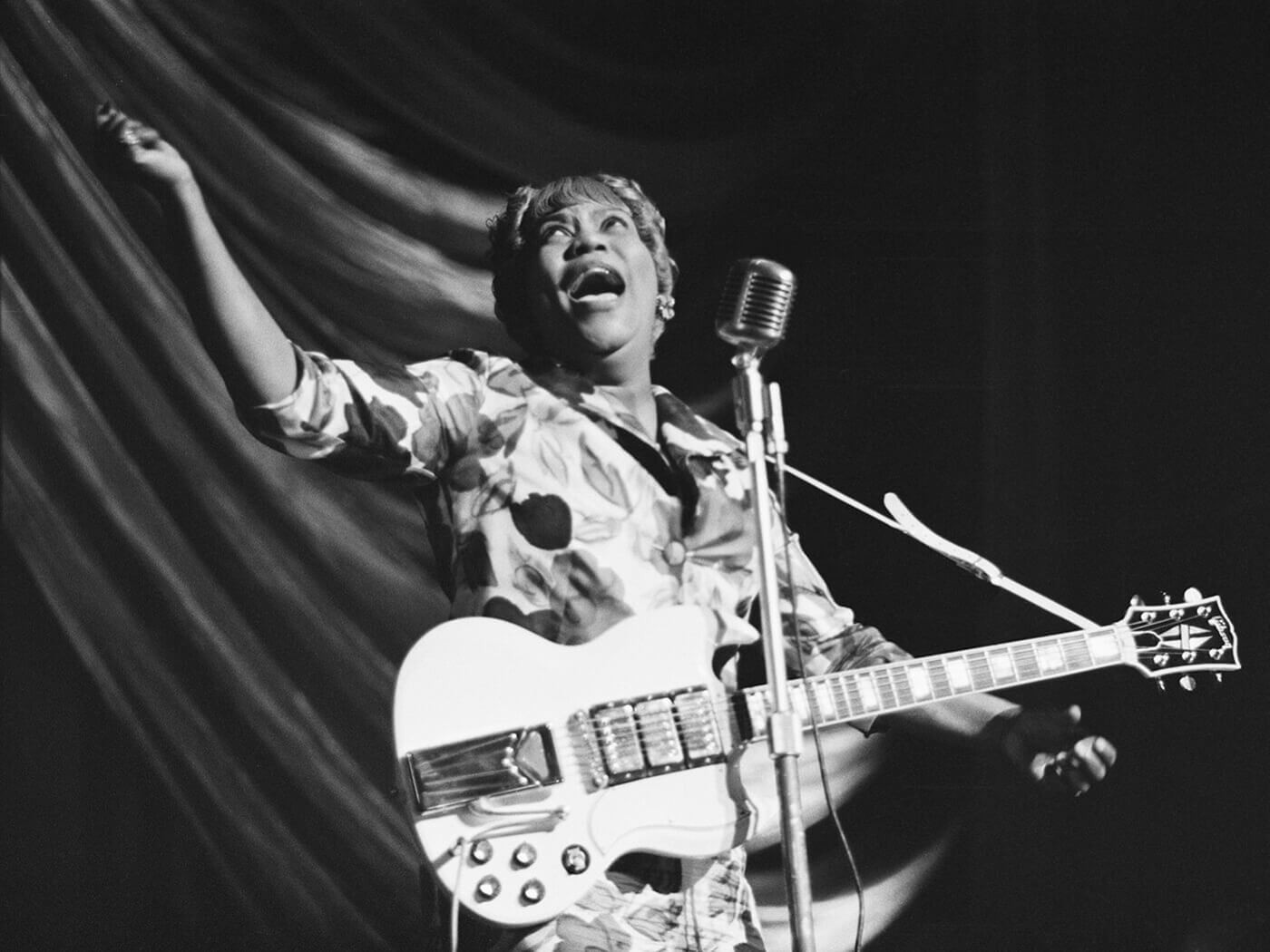It was early in her Los Angeles journey, brimming with that potent mix of hope and ambition. Stepping into the iconic music store, her eyes widened at the sight of guitars lining the walls. She traced her fingers over fretboards, carefully considered shapes and sizes, and let her mind wander to melodies she might create on a seafoam green Telecaster, a baby Taylor, a vintage Yamaha. Just then, a voice cut through her reverie, “Looking for a gift for your boyfriend?”
She turned to see the archetypal music store clerk leaning over the counter. A moment of stunned silence, then, “No… I’m looking for… me.” “Oh, YOU play?” he responded, dripping with disbelief.
Many reading this might recognize this scenario. Some may see themselves in the woman, caught between a rueful chuckle and the sting of familiarity. Perhaps you identify with the clerk, prompting a moment of self-reflection: “Have I ever considered how my assumptions and ingrained biases might affect others? Maybe it’s time I did.” If so, there’s hope.
Others might be confused, wondering why an article about sexism is appearing on a guitar website. Welcome. You’re right to be surprised, and maybe even a little angry. But this conversation belongs here, in our community. These aren’t relics of the past; they are ongoing issues within the music world.
 Sister Rosetta Tharpe
Sister Rosetta Tharpe
From casual dismissiveness disguised as humor to industry gatekeepers clinging to outdated views of women, to outright predators who abuse their power causing real harm, this is still happening. And too often, they get away with it. It’s our responsibility to bring these issues from hushed conversations into the open, raw, uncomfortable, and undeniably vital.
This is just the beginning. A single article can’t fully explore the depth and complexity of these problems, nor can it adequately address the impact of identity, gender, and other factors on individual experiences. This isn’t about providing all the answers, but starting a crucial dialogue. We might end up with more questions than solutions, and that’s okay. Let’s keep talking.
What follows are reflections on some persistent experiences in our industry, issues that have lingered far too long. It’s important to note that this is not meant to speak for all women, and as a cis-white woman, my journey has been significantly easier and safer than many others. These thoughts are drawn from personal experiences and countless shared stories from women in the music industry.
Understanding that these discussions aren’t easy, and that navigating them may be imperfect, I invite you to join in, take a breath, and listen.
 Phoebe Bridgers
Phoebe Bridgers
Beyond Looks: Recognizing Skill Over Sexiness
Imagine dedicating your life to honing your voice, mastering your instrument, perfecting your craft, only to have your artistry reduced to comments about your attire. There’s no HR department to complain to when a sound engineer suggests you’d gain more followers by highlighting your “assets.” It’s astounding how irrelevant factors consistently overshadow genuine talent in professional settings.
What does appearance have to do with a song’s impact or guitar skills? Absolutely nothing. Makeup, hairstyle, clothing tightness, or perceived attractiveness are irrelevant to musical ability. It’s time to shift the focus back to the music.
 Courtney Love
Courtney Love
Stage Presence Is Not Consent: Stop the Harassment
There’s a unique vulnerability in stepping onto a stage, pouring your heart into a performance. Imagine starting the intro to a deeply personal song, surrounded by supportive family and friends, only to be interrupted by a crude shout from the audience, “Take it off, baby!”
This humiliation is not something performers should endure. It’s not our fault if our clothing choices provoke unwelcome comments. It’s unacceptable that our bodies tense with embarrassment and fear, hindering our performance and our ability to do what we came to do – share our music.
Dismissing this as ‘banter’ or an ‘occupational hazard’ is deeply wrong. Do people understand the physical and emotional impact of such comments on a performer in a vulnerable state?
Our vocal cords can tighten, ruining technique and leading to vocal strain or even damage. Our backs tense in defense, causing physical discomfort that can last for days. Hands tremble, blood pressure rises… and then there’s the emotional toll. This behavior is far from harmless; it’s damaging and needs to stop.
 Orianthi
Orianthi
Expertise Knows No Gender: Stop the Mansplaining
If I had a dollar for every time a guy in a band t-shirt tried to explain the music industry to me, I’d have enough to fund a program teaching them to simply listen and respect. “So, you probably don’t know, but indie artists actually make more than major label artists…” or the classic, “You should really think about… (insert condescending advice about music distribution, something I’ve been doing for a decade).”
While some might intend to be helpful, it often stems from deeply ingrained biases. Before explaining the industry to another artist, especially a woman, pause. Consider asking instead of telling.
“What strategies have you found effective for music distribution?” “What’s been your experience with independent releases?” Or even, “I’m interested in hearing about your work as a musician. Would you be open to sharing experiences and brainstorming ideas?” You might actually learn something new.
 Emily Kokal of Warpaint
Emily Kokal of Warpaint
Creative Success, Not Sexual Favors: Redefining the Industry Norm
This should be obvious: creative success should never depend on compromising personal boundaries. Yet, the cliché of the predatory agent or director exploiting young talent remains a reality. The young musician is lured with promises, only to face unwanted advances and a terrible choice: compromise or stall their career. This scenario is tragically familiar.
Sometimes it’s blatant coercion, sometimes it’s subtle pressure – the expectation to socialize with a powerful but inappropriate manager, the suggestion to hide relationships to appear more ‘marketable.’
It’s insidious, whether whispered or shouted, and utterly unacceptable. It’s normalized, joked about, and rampant. It can come from unexpected sources, and victims often blame themselves for not seeing it sooner, for going along, for doing what they felt they had to.
 Romy Madley Craft of The XX
Romy Madley Craft of The XX
To anyone who identifies with this, know this: it is never your fault. It’s time to acknowledge the countless careers, creative journeys, and brilliant works of art cut short because someone believed they had the right to another person’s body, soul, or creative spirit. We must recognize the potential legends, the groundbreaking songs, the dreams that are prematurely abandoned because we fail to protect each other, because we accept “that’s just how it is.”
It’s not “just how it is.” “Boys being boys” is not an excuse. It’s not your responsibility to play along. And no, your job isn’t just to sing and look pretty. As musicians, we transform experience into sound, create rhythm from chaos, and harmonize our voices to challenge the status quo.
And if they tell you you’re too loud? Turn up the volume.
For more features, click here.

